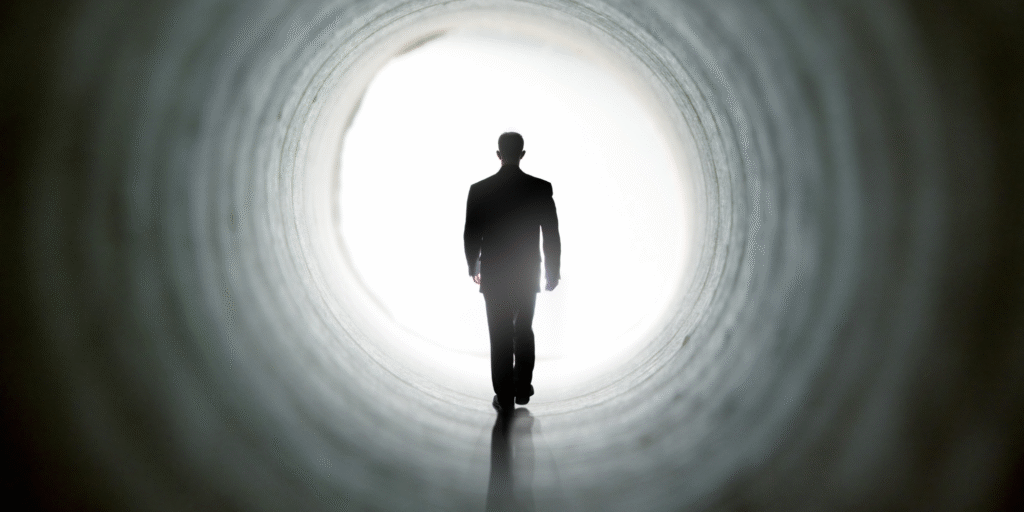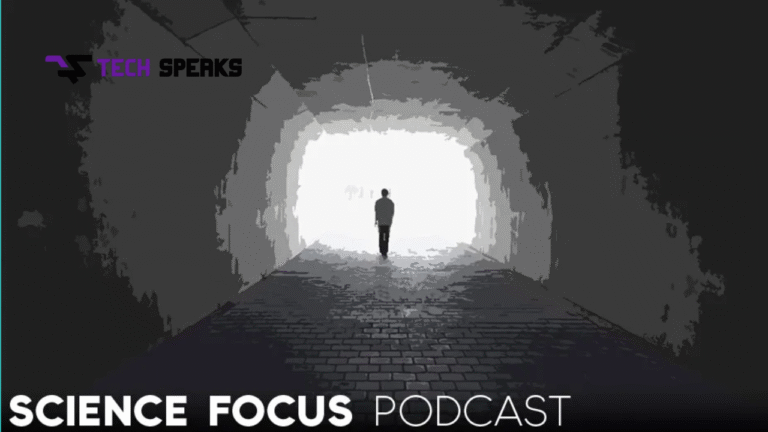Death is one of the biggest mysteries in life. Many people wonder what it feels like, what happens during the final moments, and if it’s painful or peaceful. In this article, we will explore the process of dying in a gentle and easy-to-understand way, using real experiences and science.
What Is Dying, Really?
Dying is the process when our body slowly shuts down and stops working. Just like a phone runs out of battery or a candle fades away, our body begins to stop doing what it usually does. The heart stops beating, the brain stops sending signals, and breathing slows until it ends.
But dying is not always sudden or dramatic. For many, especially those with serious illness or old age, dying is a calm and gradual process. The body gets weaker over time. Energy fades, and the need for food and water disappears. People often spend more time sleeping, and they may seem less aware of the world around them. Doctors and scientists who study death say this is the body’s natural way of preparing for the end.
Does Dying Hurt?
A common question is, “Does it hurt to die?” The answer depends on the situation. Some deaths, like accidents or injuries, may involve pain. But modern medicine helps control pain very well. In hospitals, doctors often give medicine to make the person comfortable.
For many people who die from old age or illness, there is not much pain at the end. The body starts to shut down, and the brain produces chemicals that make a person feel calm. Hospice and palliative care teams focus on making the last moments as peaceful as possible. Many people simply fall into a deep sleep before passing away.
What Does It Feel Like to Die?
Even though no one can truly explain death from start to finish, we do have stories from people who were close to death but survived. These are often called near-death experiences. Scientists and doctors have gathered these stories, and they share many similarities. Let’s look at what people often report.

A Peaceful Feeling
One of the most common things people say is that they felt very calm and peaceful. It wasn’t scary or painful. In fact, many say they felt better than ever before. There was no stress, no sadness—just a warm, relaxing feeling. Some describe it like falling into a deep sleep or floating in warm water.
Seeing a Bright Light
Many people mention seeing a bright, beautiful light. This light is not like a flashlight or a car headlight—it’s soft, glowing, and comforting. People say they feel drawn to it, like it’s welcoming them. Some describe the light as being full of love and peace, almost like being hugged by the sun.
Scientists believe this may be a brain response to low oxygen or blood flow, but it’s still a mystery why so many people describe the same light.
Floating or Leaving the Body
Another common experience is the feeling of floating above the body. People say they could see doctors, family members, or even themselves from above, as if watching from the ceiling. Some say they felt very light, like a balloon drifting in the sky. This is called an out-of-body experience. While scientists aren’t sure why this happens, it seems to be a part of how the brain reacts during extreme moments.
What Happens Right Before Someone Dies?
Before someone dies, there are signs the body gives. Breathing becomes slow or irregular. Sometimes there are long pauses between breaths. This is called “Cheyne-Stokes” breathing. Hands and feet may feel cold. The skin may turn pale or blueish as the heart slows down.
The person may stop eating or drinking days before death. They may sleep most of the time and be hard to wake up. They might talk less or not at all. But many people still hear voices, even if they don’t respond. That’s why it’s important to keep speaking gently and lovingly.
Some people talk about seeing loved ones who have already passed away. This can be comforting. Nurses and hospice workers say many patients smile or seem peaceful right before death. It’s almost like they’re being welcomed somewhere special.
What Happens After Someone Dies?
When a person dies, their body stops working. The heart stops, breathing ends, and the brain goes quiet. Doctors confirm the death, and loved ones are given time to say goodbye. After that, the body may be taken to a funeral home, depending on the family’s wishes.
But what happens to the person—their thoughts, their soul, their “self”? That’s a question with many different answers, depending on what you believe. Some people believe the soul goes to heaven or another place. Others believe in rebirth or simply that the person no longer exists. No one knows for sure, but many near-death experiences give people hope that something peaceful may follow.
What Do People See When They Die?
While every experience is unique, many people share common visions or feelings. These are the kinds of things people say they see or feel during near-death moments.

Seeing Family and Friends
Many people report seeing loved ones who have already died. These loved ones may speak to them, smile, or guide them. This happens even with people who didn’t strongly believe in an afterlife. The comfort of seeing a familiar face can make the experience less frightening.
Beautiful Places
Some people describe entering a place that feels like paradise. It could be a garden, a beautiful field, or a bright, peaceful room. The colors seem brighter, and the feeling is one of safety, joy, and love. People often say, “I didn’t want to come back.” These beautiful places are described across cultures and ages.
What Is a Near-Death Experience?
A near-death experience (NDE) happens when a person comes very close to dying but survives. These experiences can include the feeling of leaving the body, moving through a tunnel, seeing light, or meeting others. Scientists are still trying to understand NDEs. Some think it’s how the brain reacts during trauma. Others believe it’s a glimpse of what comes after life.
Regardless of the cause, NDEs often change people. Many come back less afraid of death. They feel calmer and more thankful for life. They also report stronger feelings of love, kindness, and connection to others.
Is Death Scary?
For many people, yes, the idea of death can feel scary. It’s unknown, and we don’t like losing the people we love. But the more we understand it, the less frightening it becomes.
When people hear about peaceful feelings, light, and love during near-death experiences, they often feel better. They see that dying might not be painful or lonely. Instead, it can be calm and even beautiful. Talking about death helps us feel more prepared and less afraid.
The Bottom Line
So, what is it like to die? Based on stories, science, and experiences, dying is often more peaceful than people expect. The body shuts down gently, and the mind may fill with calm, warm feelings. Many describe beautiful lights, comforting visions, and a sense of floating. Near-death experiences remind us that the end of life may not be scary at all—but rather, a gentle step into something new.
This simple guide helps curious minds understand a big mystery. Even though we can’t know everything about death, we do know that love, care, and comfort are all around us, even at the end. And for many, that’s all we really need to know.

